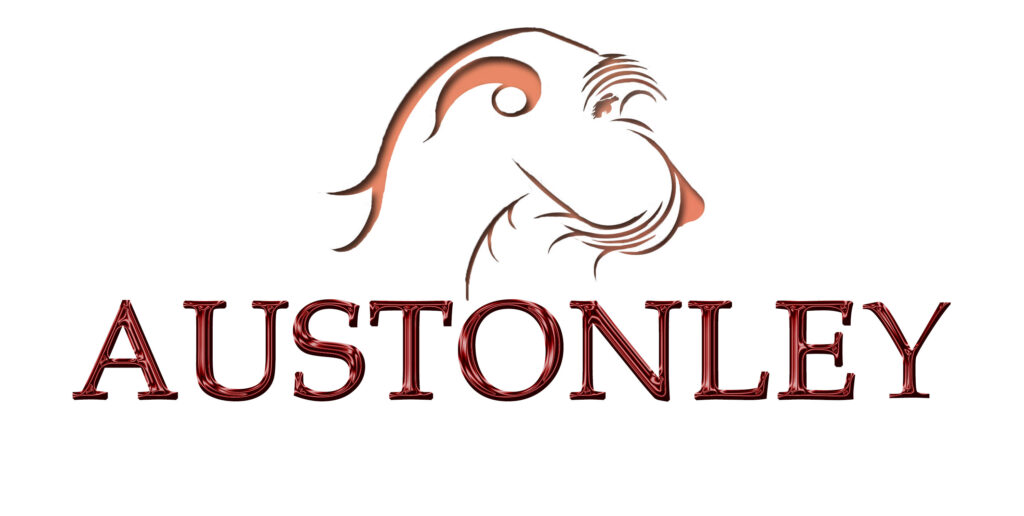We always ask new owners to familiarise themselves with the symptoms of Bloat and Pneumonia, they can very unexpectedly and very quickly kill a wolfhound. Best to print off the fact sheets provided by the Irish Wolfhound Health Group and always have them to hand.
Useful Links to the Irish Wolfhound Health Group:
BLOAT
BONE CANCER
HEART DISEASE
LIVER SHUNT
MEGAESOPHAGUS
PNEUMONIA
PROGRESSIVE RETINAL ATROPHY
PUPPY PARALYSIS
PYOMETRA
WOLFHOUND RHINITIS
HEART TESING
It is advised to begin heart testing at 2 years old (before if a male has a stud appointment). The IWHG offer the full 3 part test as a reduced rate. Please Note it must be the full 3 part test and your breeder should provide you with a copy of a Clear Heart Test Certificate for both Parents, carried out within 12 months prior to breeding.
The Heart Testing Scheme is open to all wolfhounds, not just show/breeding stock. Best be aware if your hound potentially has any issues long before symptoms arise.
Link to IWHG Regional Heart Testing Info
Dates & Location of Heart Testing Session
Bursas, Hygroma – swellings (fluid filled) around joints.
These form as a protection for joints and are commonly caused by the hound crashing down onto a hard floor. Bursas are mostly seen on elbows but can also form on Pelvis and Hocks (even on the occiput, the pointy bone on top of the skull). Pelvic ones come and go very quickly, sometimes in a matter of a couple of weeks and usually do not require any attention. Elbow ones can take months, but will eventually go of their own accord.
It is rare for them to require attention, unless they become infected, they would become hard and hot, possibly making the dog slightly lame, seek your vet’s advice about treatment, but draining should be avoided, usually antibiotics sort out the infection.
It is not necessary for you vet to take a sample of the fluid and it is not recommended to remove, if your vet suggests it get a second opinion. Speak to your breeder.
Cilla and Mr Wilson both had a bursa on their front right elbow, they appeared at around 6 months of age and were gone well before they got to 12 months old. We just provided soft bedding, we even took a dog bed if we went out (to the pub etc), we just kept checking that the bursa was not burning hot or that it had not become hard as these are symptoms of infection, other than that we just left well alone.
